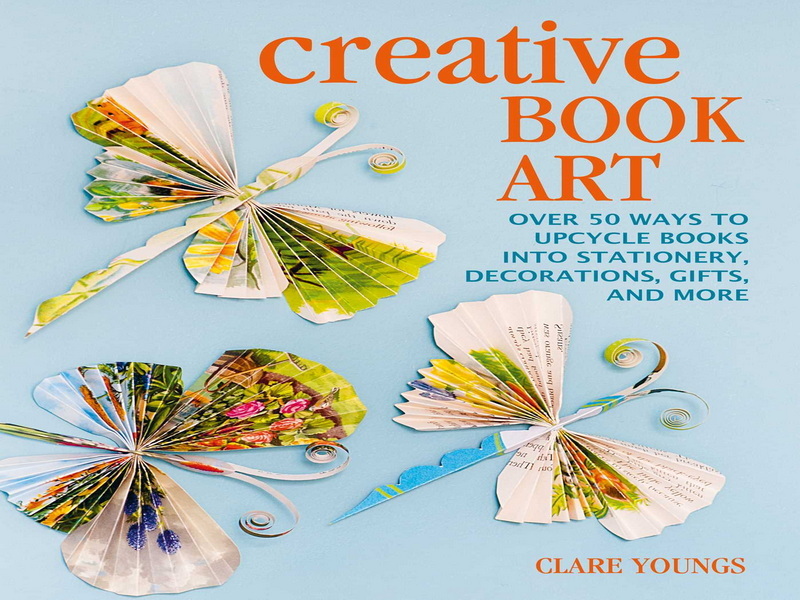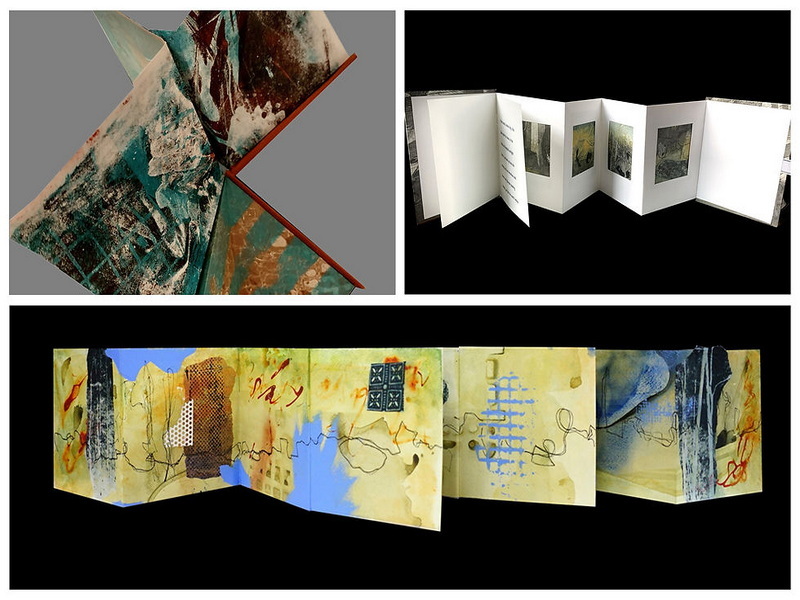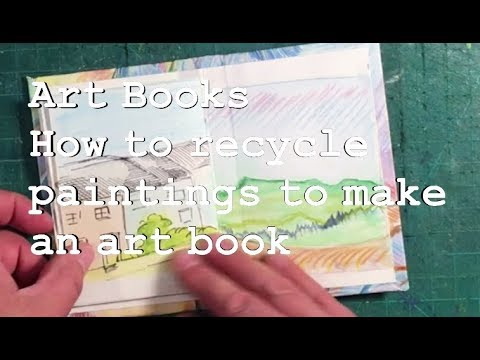Content Menu
● Understanding Your Purpose
● Conceptualizing Your Art Book
>> Theme
>> Content Selection
>> Layout and Design
● Planning Your Art Book
>> Format
>> Size
>> Budget
● Creating Your Art Book
>> Gather Your Artwork
>> Edit Your Images
>> Write Text Content
>> Design Your Layout
>> Review and Revise
● Printing Your Art Book
>> Choose a Printer
>> Select Printing Options
>> Place Your Order
● Marketing Your Art Book
>> Create an Online Presence
>> Set Up an Online Store
>> Host Launch Events
● Conclusion
● Related Questions
>> 1. What Should I Include in My Art Book?
>> 2. How Do I Choose Between Digital or Print Formats?
>> 3. What Are Some Tips for Marketing My Art Book?
>> 4. How Can I Ensure High-Quality Printing?
>> 5. Is Self-Publishing My Art Book Worth It?
Creating an art book is a fulfilling endeavor that allows artists to showcase their work, share their stories, and connect with audiences. Whether you are a professional artist, a hobbyist, or someone who simply appreciates art, compiling your creations into a book can be an exciting project. This guide will walk you through the essential steps of creating an art book, from conceptualization to publication.

Understanding Your Purpose
Before diving into the creation process, it is crucial to understand the purpose of your art book. Ask yourself:
- What message do I want to convey?
- Who is my target audience?
- Is this book intended for personal use, or do I plan to sell it?
Defining your purpose will guide your decisions throughout the project and help you create a cohesive and meaningful book.
Conceptualizing Your Art Book
Once you have a clear purpose in mind, start brainstorming ideas for your art book. Consider the following elements:
Theme
Choose a theme that resonates with your artistic vision. This could be based on a specific subject matter, style, or even a personal journey. A well-defined theme will give your book structure and coherence.
Content Selection
Decide which artworks to include in your book. This may involve curating pieces from various stages of your artistic career or focusing on a specific series. Be selective and choose works that best represent your style and the theme of the book.
Layout and Design
Think about how you want to present your artwork. Will you include text alongside images? If so, consider writing descriptions, artist statements, or stories related to each piece. The layout should enhance the visual appeal of your art while ensuring readability.
Planning Your Art Book
With your ideas in place, it's time to develop a plan for creating your art book. This plan should cover several key aspects:
Format
Determine the format of your art book. Common options include hardcover, softcover, or digital formats. Each has its advantages and disadvantages in terms of cost, durability, and presentation.
Size
Choose the size of your book based on how you want to display your artwork. Larger formats can highlight details in your work but may be more expensive to produce. Smaller formats are more portable but may limit visual impact.
Budget
Establish a budget for your project. Consider costs for printing, binding, design software (if applicable), and marketing if you plan to sell the book. Having a clear budget will help you make informed decisions throughout the process.

Creating Your Art Book
Now that you have a solid plan in place, it's time to start creating your art book. Follow these steps:
Gather Your Artwork
Collect high-quality images of each artwork you plan to include in the book. Ensure that the photographs are well-lit and accurately represent the colors and details of the original pieces.
Edit Your Images
Use photo editing software to enhance your images as needed. Adjust brightness, contrast, and colors to ensure they look their best in print. Pay attention to resolution; images should typically be at least 300 DPI for high-quality printing.
Write Text Content
If you're including text in your art book, start drafting it now. This could include:
- Titles of artworks
- Descriptions or stories behind each piece
- An introduction that explains your artistic journey
- A conclusion that reflects on the overall theme
Design Your Layout
Using design software such as Adobe InDesign or Canva, begin laying out your pages. Arrange images and text in a visually appealing manner that complements the flow of the book. Pay attention to typography; choose fonts that are easy to read and align with the aesthetic of your artwork.
Review and Revise
Once you have a draft layout, take time to review it thoroughly. Check for any typos or design inconsistencies. It can be helpful to get feedback from peers or mentors who can provide constructive criticism.
Printing Your Art Book
With your final design ready, it's time to print your art book. Here are some steps to follow:
Choose a Printer
Research printing companies that specialize in art books. Look for reviews and samples of their work to ensure they meet your quality standards.
Select Printing Options
Discuss printing options with your chosen printer, including paper type (glossy vs. matte), binding style (perfect bound vs. spiral), and quantity. Consider ordering a proof copy first; this allows you to see how the final product will look before committing to a larger print run.
Place Your Order
Once you're satisfied with the proof copy, place an order for the desired quantity of books. Be prepared for potential delays in production time depending on the printer's workload.
Marketing Your Art Book
If you plan to sell your art book, developing a marketing strategy is essential:
Create an Online Presence
Establish an online presence through social media platforms like Instagram or Facebook where you can showcase both your artwork and updates about your book launch.
Set Up an Online Store
Consider setting up an online store using platforms like Etsy or Shopify where customers can purchase directly from you.
Host Launch Events
Plan events such as gallery shows or virtual launch parties where you can present your art book and engage with potential buyers.
Conclusion
Creating an art book is not just about assembling images; it's about telling a story through visuals and words that resonate with viewers. By carefully planning each step—from conceptualization through marketing—you can produce a beautiful representation of your artistic journey that inspires others.
As you embark on this creative project, remember that every artist's path is unique; embrace the process and let it reflect who you are as an artist.

Related Questions
1. What Should I Include in My Art Book?
Include high-quality images of your artwork along with titles, descriptions, artist statements, and any relevant background information that enhances understanding.
2. How Do I Choose Between Digital or Print Formats?
Consider factors such as budget, audience preference, and how you want people to experience your work when deciding between digital or print formats.
3. What Are Some Tips for Marketing My Art Book?
Use social media effectively by sharing sneak peeks of content, engaging with followers through live sessions or Q&As, and collaborating with other artists for cross-promotion.
4. How Can I Ensure High-Quality Printing?
Use high-resolution images (at least 300 DPI) and choose reputable printing services known for their quality work in producing art books.
5. Is Self-Publishing My Art Book Worth It?
Self-publishing allows complete creative control over content and design while potentially providing higher profit margins compared to traditional publishing methods.
































